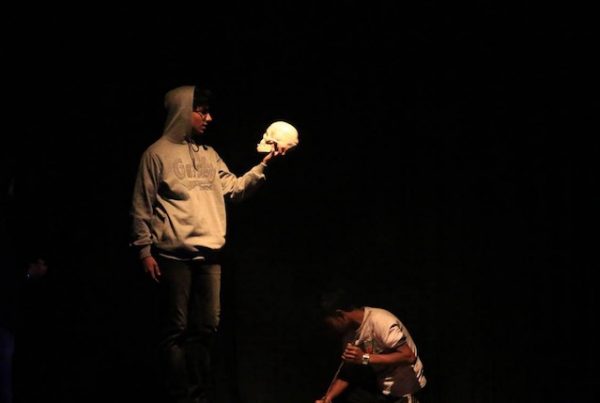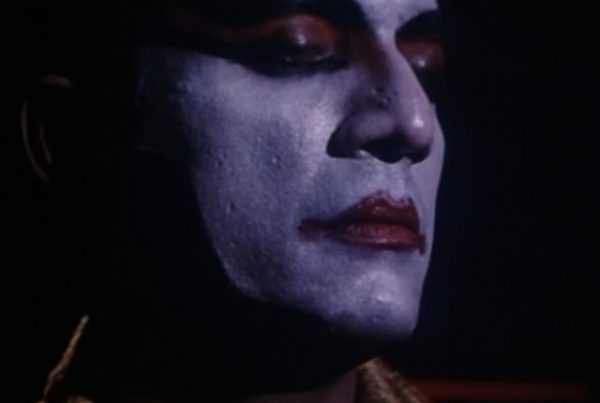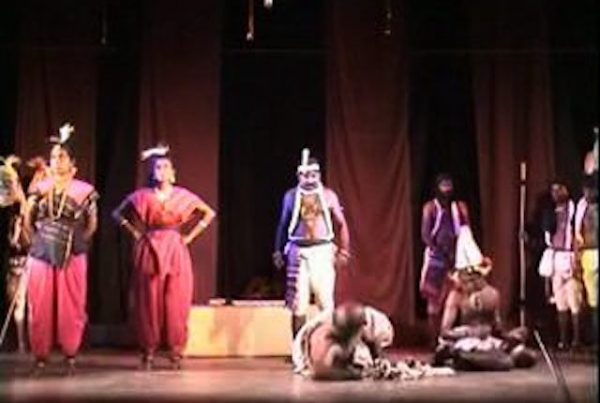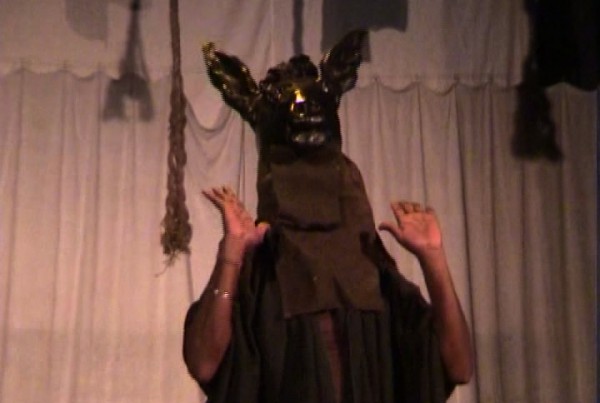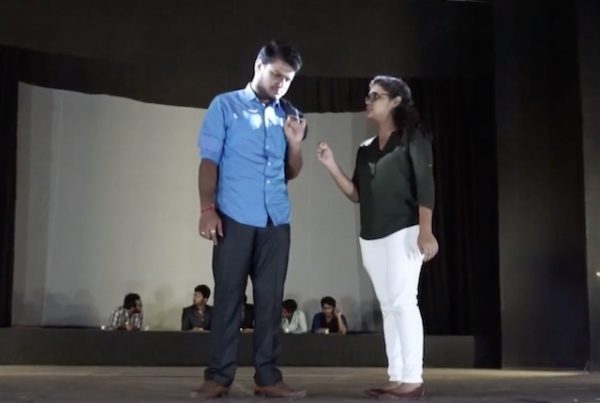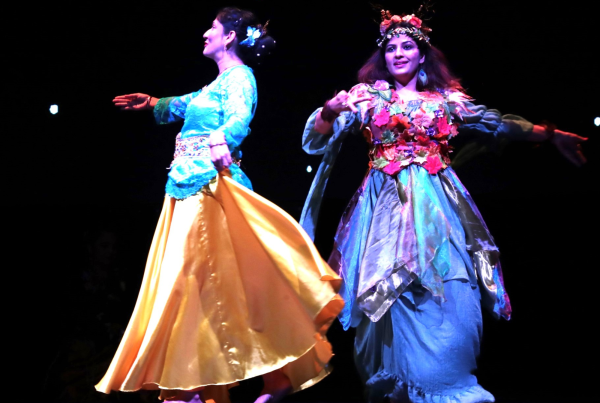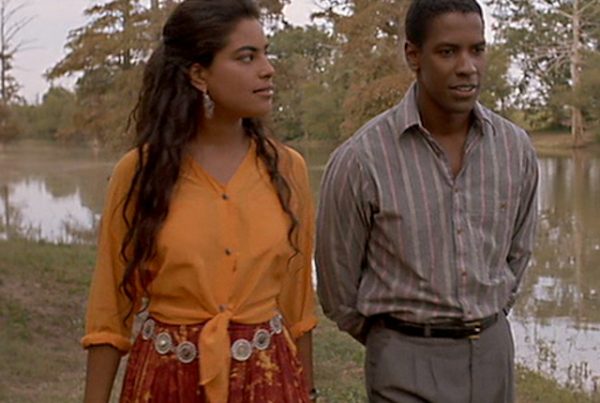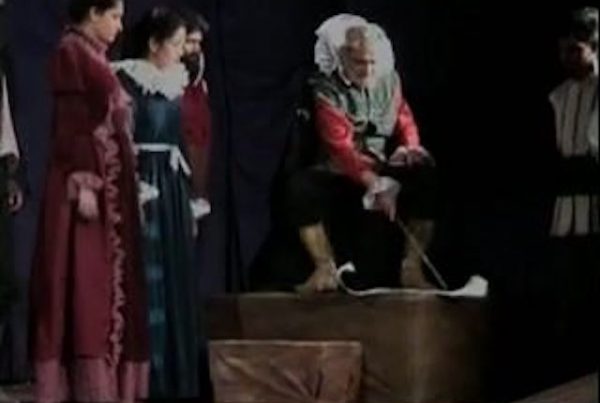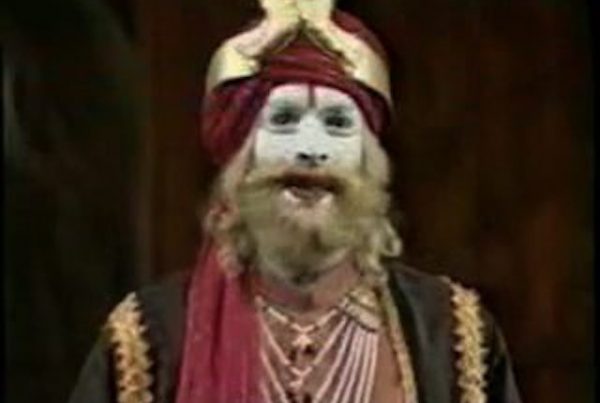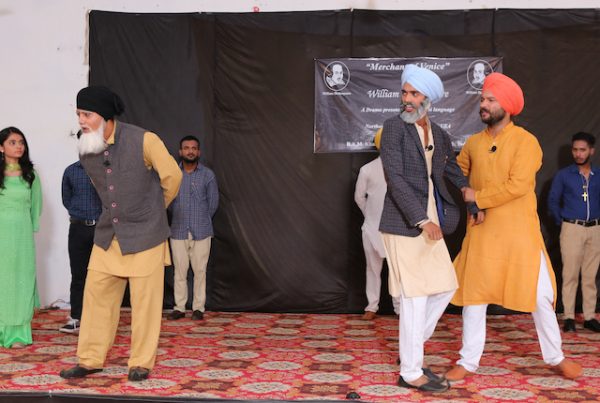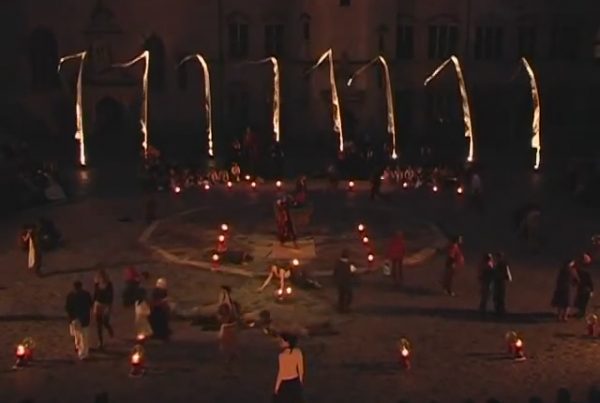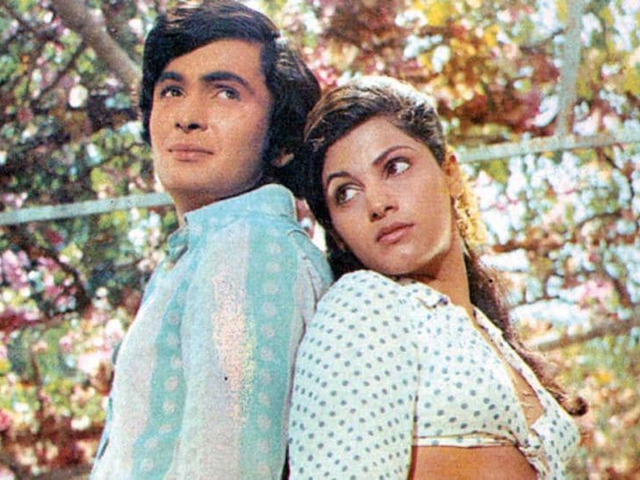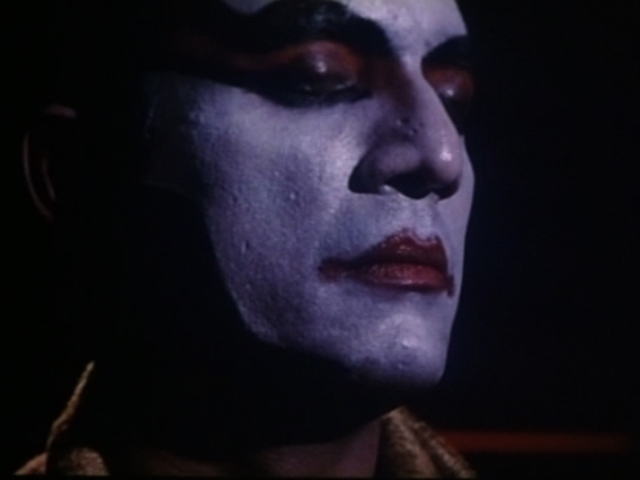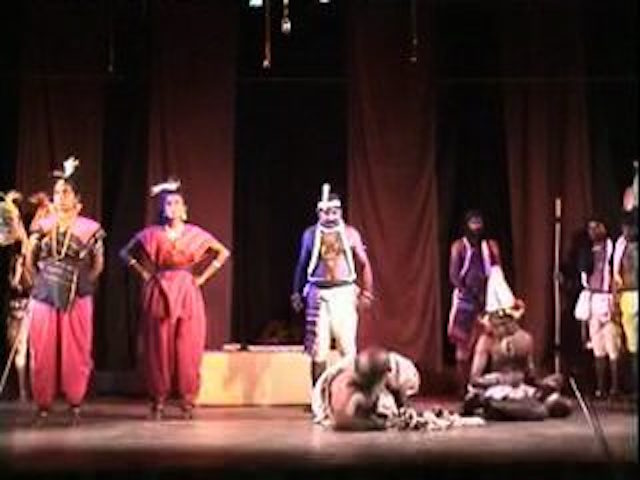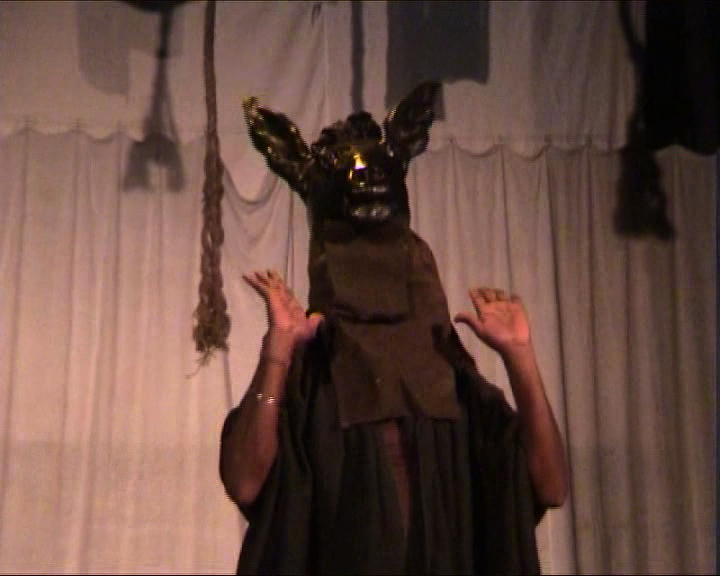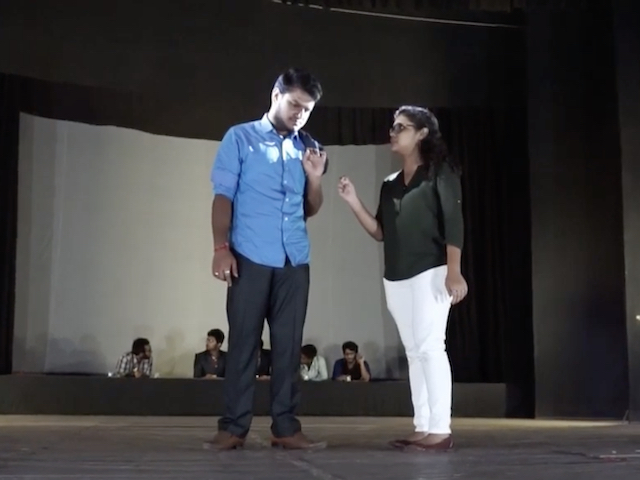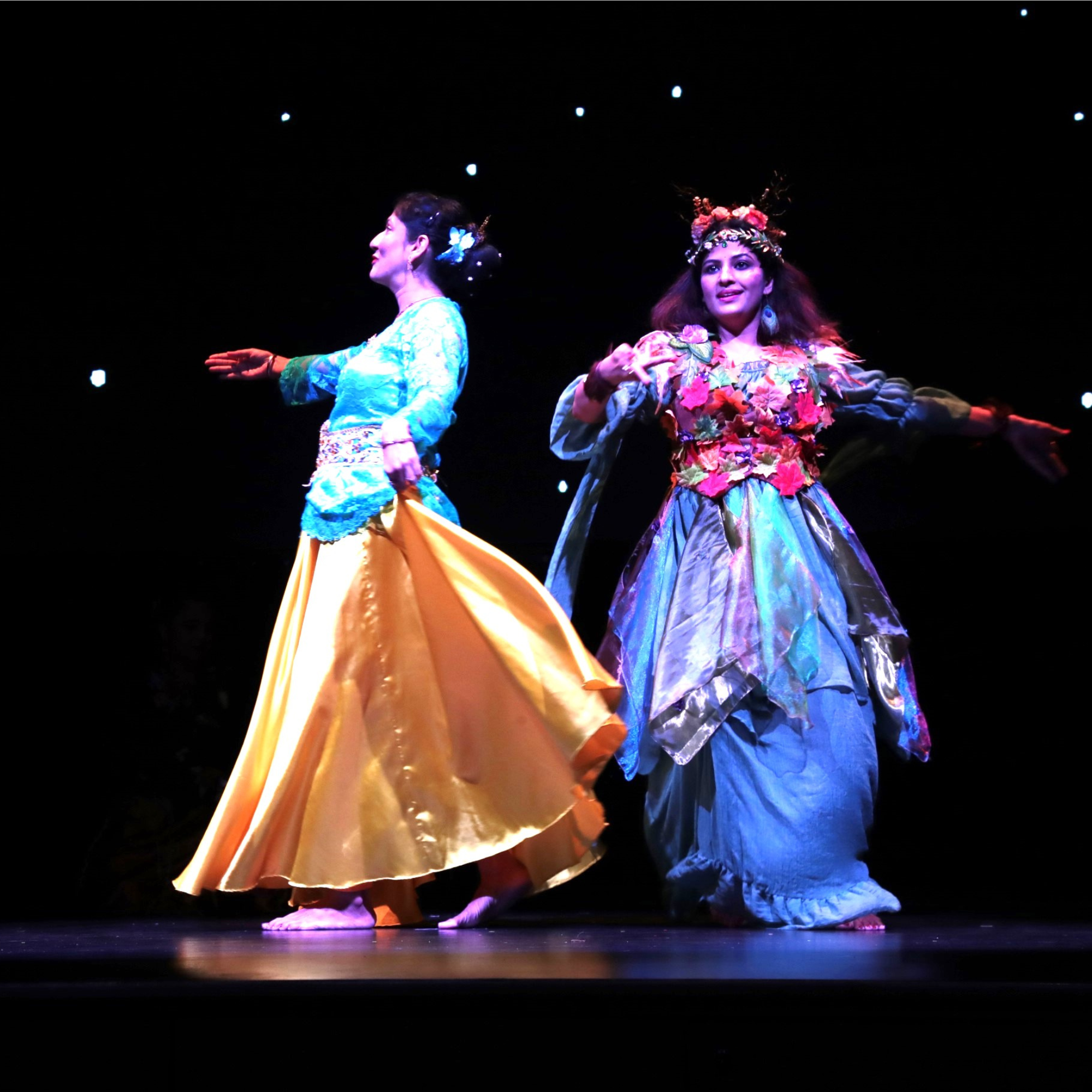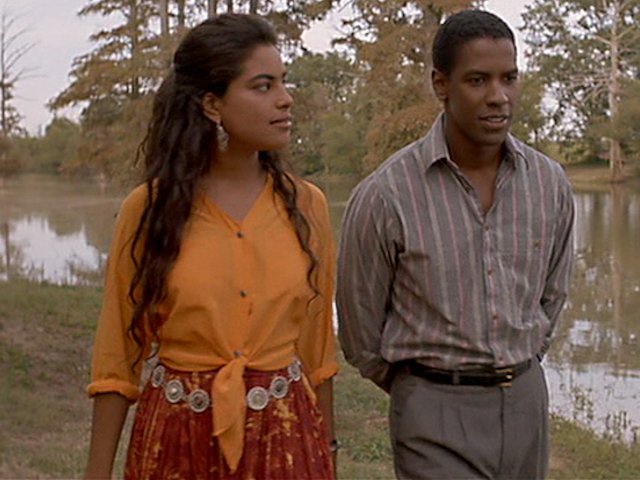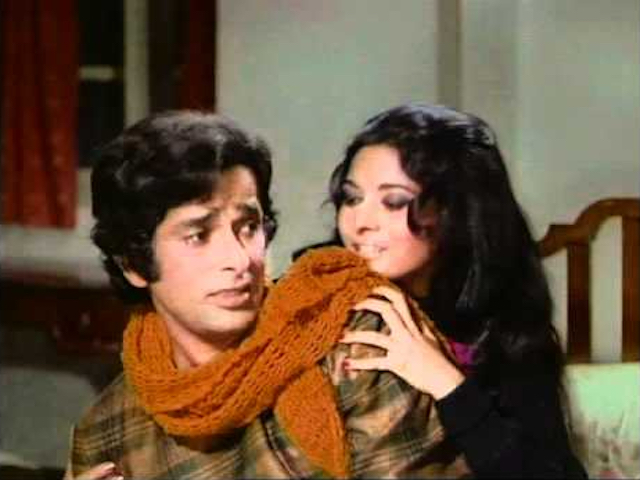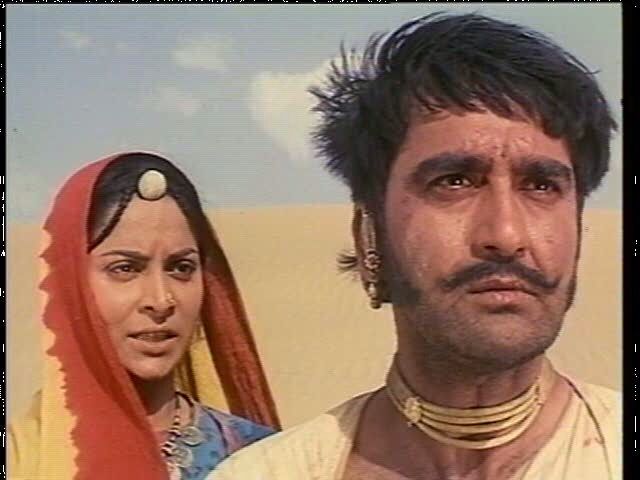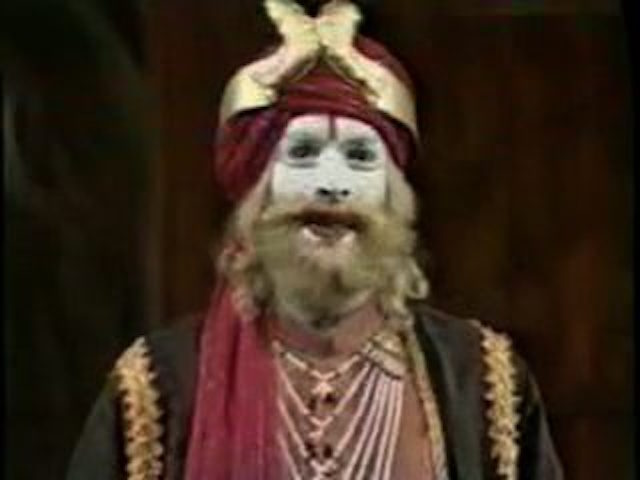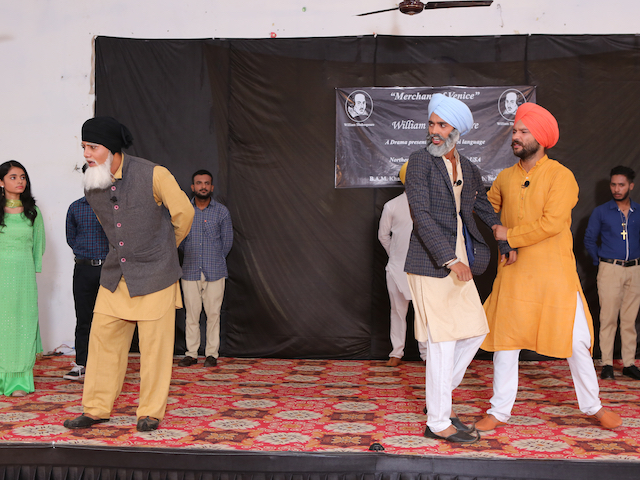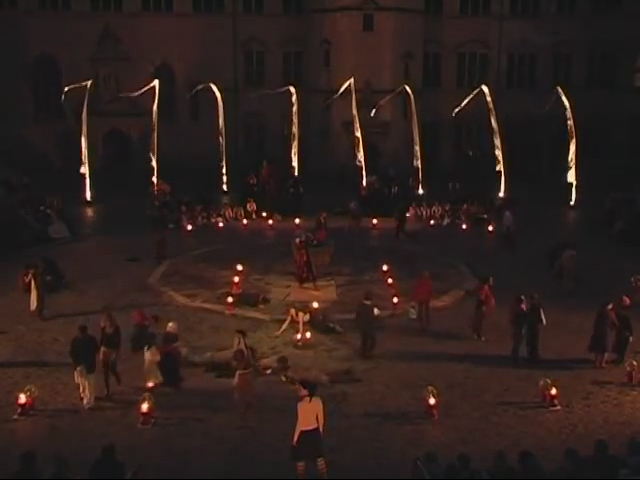That Shakespeare came to India with colonialism is well know. What is less known and not readily acknowledged, even in India, is that Shakespeare was first introduced to India as an entertainer. His plays are known to have been first performed, in English for the diversion of European traders in Calcutta and Bombay around 1775, but by the 1850s they are beginning to be performed in translation in the Indian languages. While the study of the English Language and Shakespeare was an imperial imposition, the performance of Shakespeare was not, and the stage forms a vital part of this long history of intercultural engagement.
This interaction between Shakespeare and India can be charted via five main tendencies: the English language Shakespeare, the localized Shakespeare, the universalized Shakespeare, the indigenised Shakespeare and the post-colonial Shakespeare.
- The earliest dramatisations of Shakespeare by Indians were of scenes in schools and colleges. 1822 is the first such known performance, at Hindu College, Calcutta. It initiated a tradition which had continued to this day, of the performance in English by Indians as part of the English language learning exercise.
- The earliest performances, in translation, were usually adaptations ranging from a simple change of names to an interpolation of character and action, along with song and dance, and may be seen as politic or appropriations, making the foreign one’s own.
- This was followed by a period of faithful performances, with few or no adaptive changes, with western costume and mise en scene, which in the context of colonialism, was another kind of mastering of the master text, a universalizing of its themes and ideas.
- Later, particularly after independence in 1947, Shakespeare’s plays were co-opted in the search for identity. They were transposed into various indigenous theatre forms as part of the “back to the roots” movement in theatre and helped to forge a new performative idiom while giving an added respectability and stability to the traditional forms.
- From the nineties onwards, in the increasingly post-colonial world, Indians have felt freer to approach Shakespeare. There is no longer the need to ‘adapt,’ rather they can make bold to ‘play’ around with Shakespeare’s text, with what was once the colonial book, and deconstruct it for their own needs.
We hope you enjoy viewing the Indian productions in this archive.



